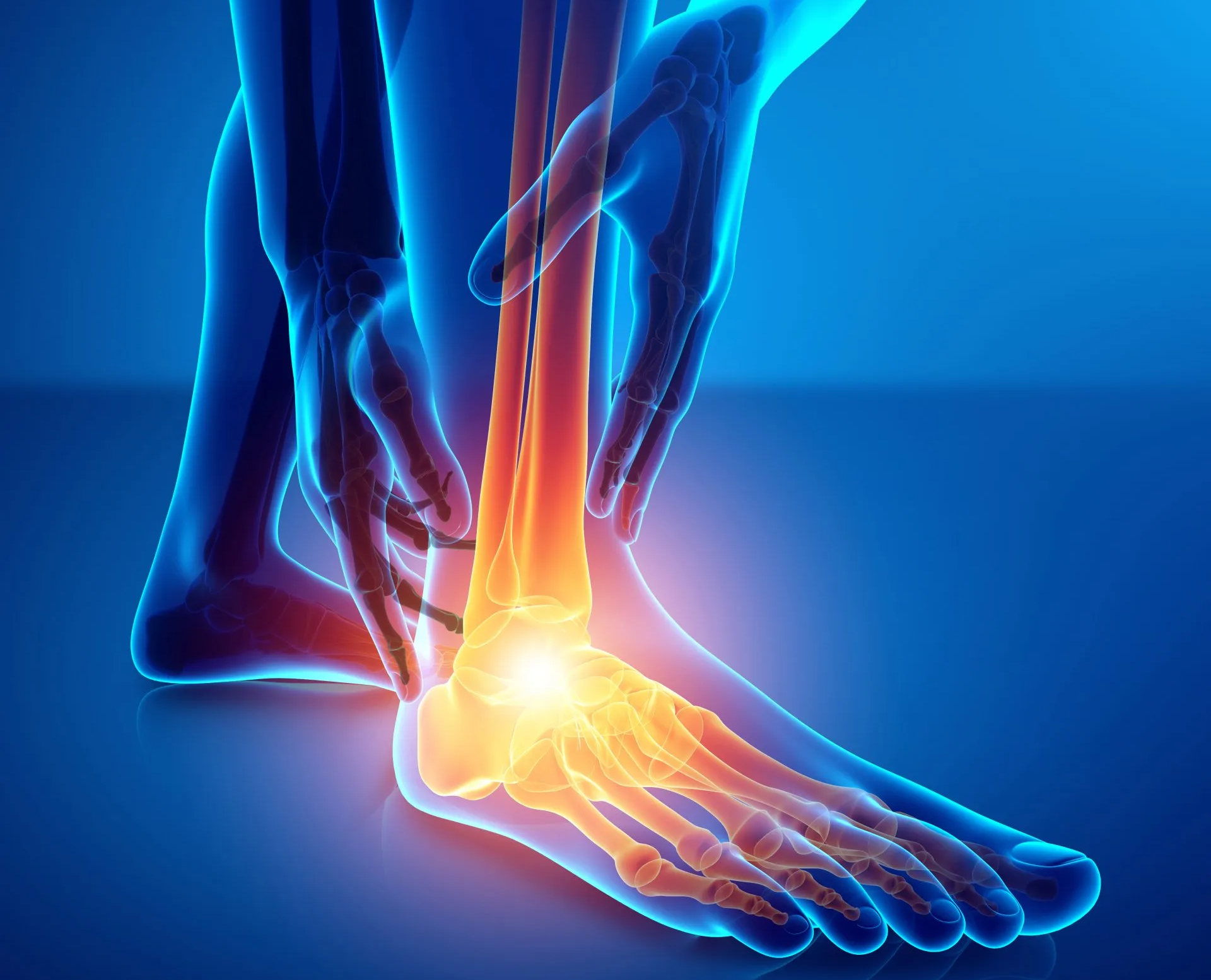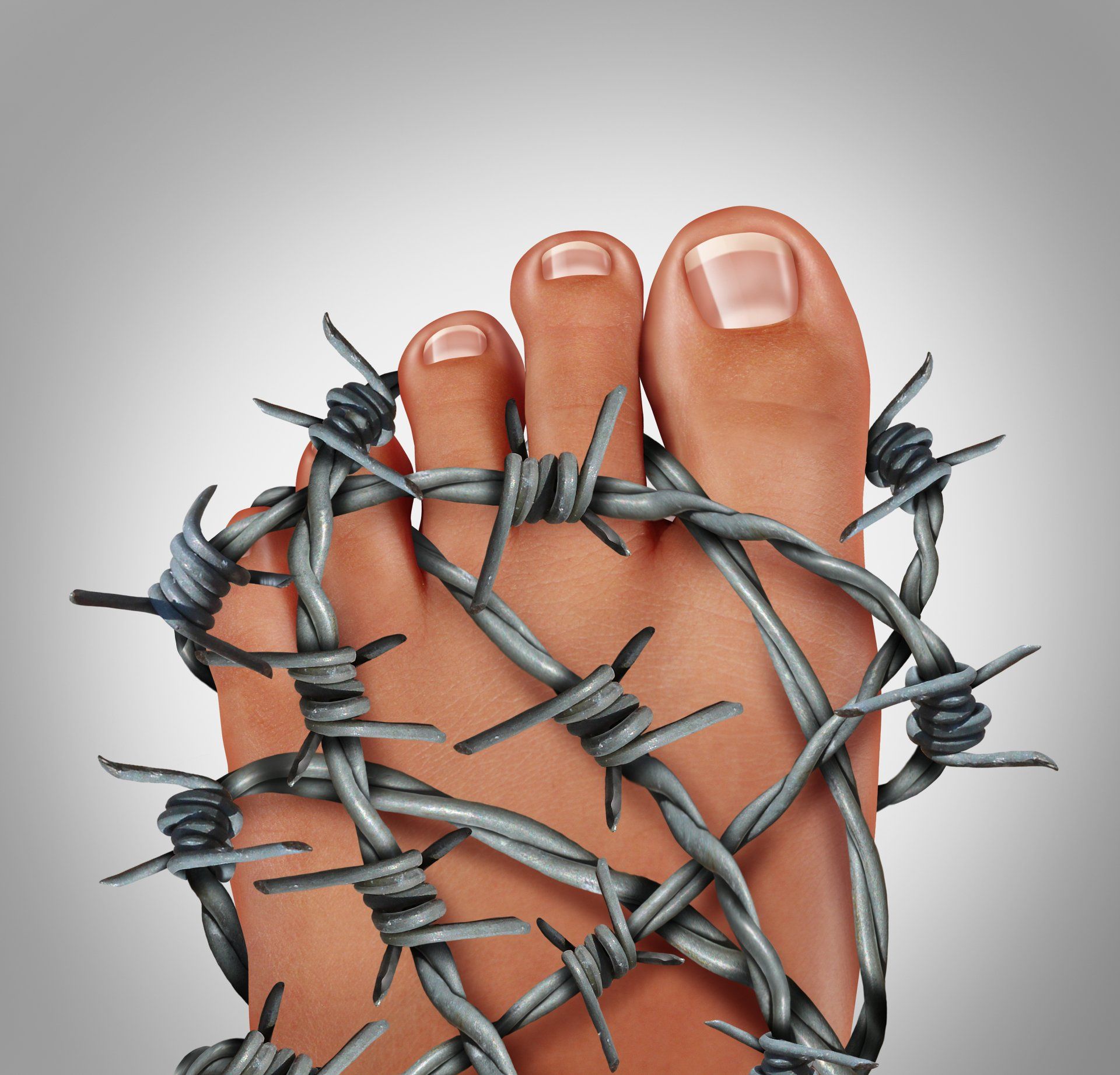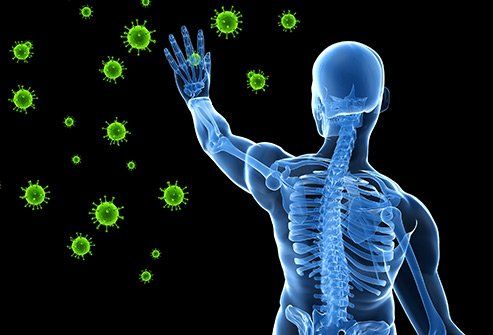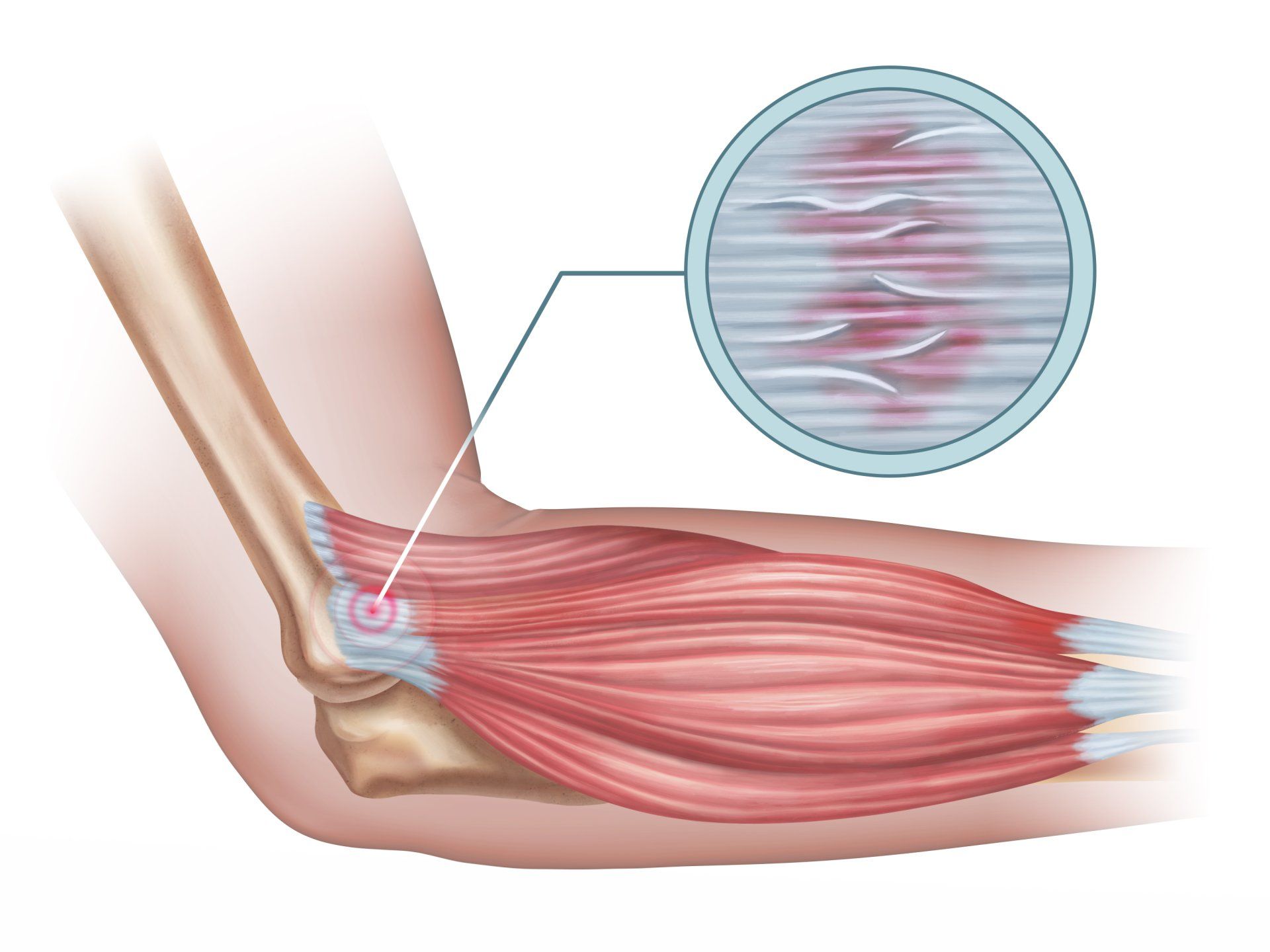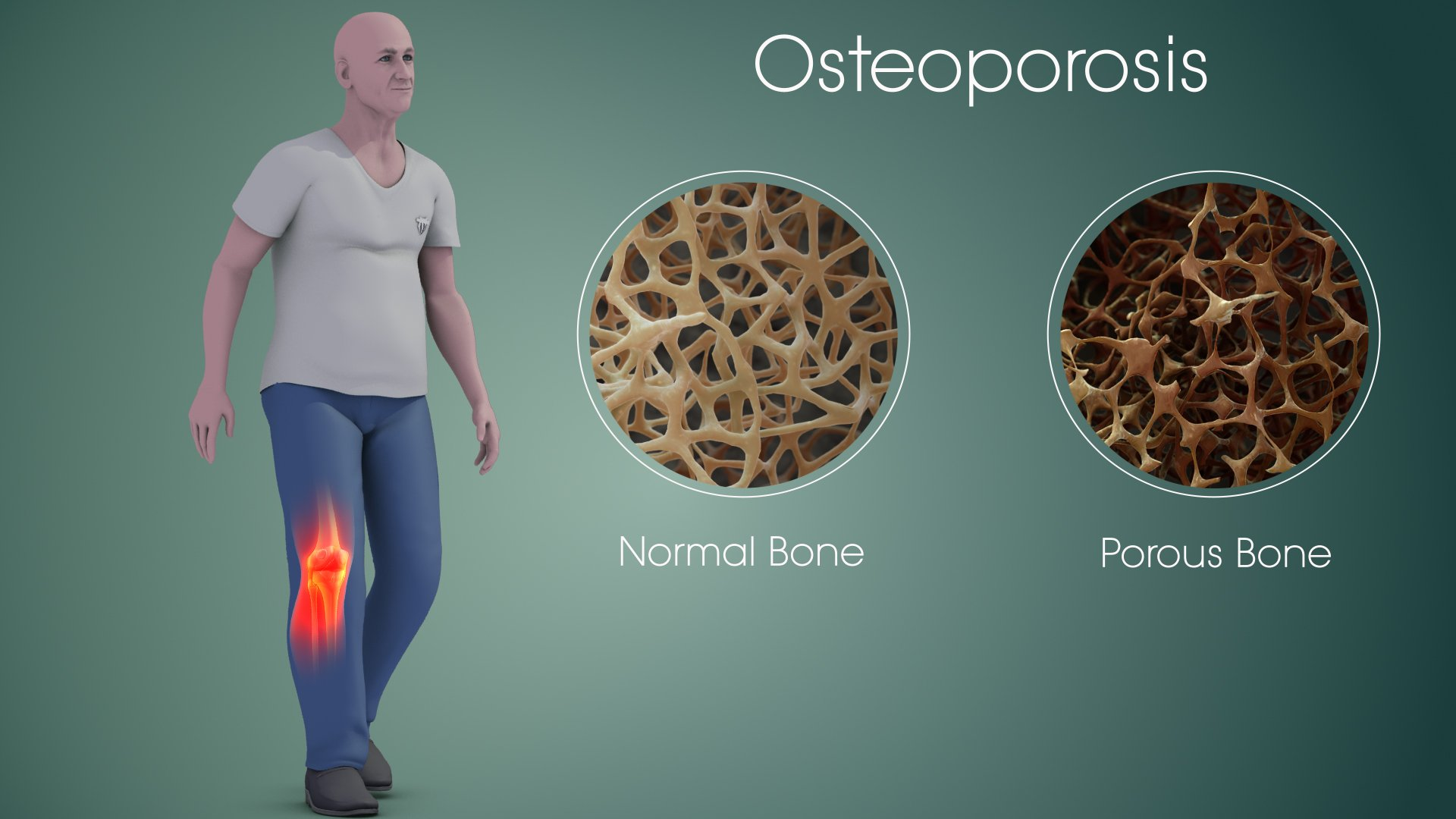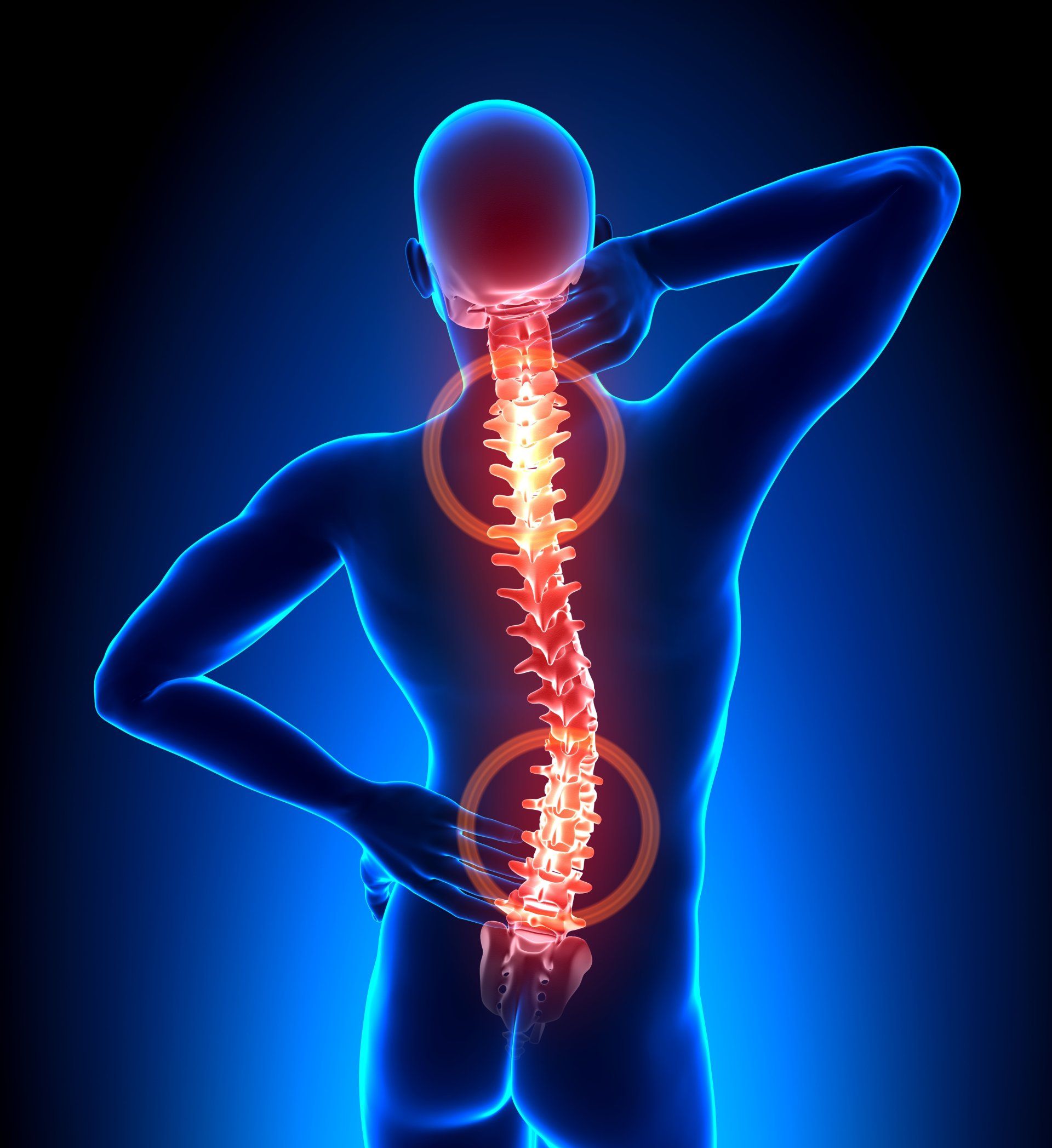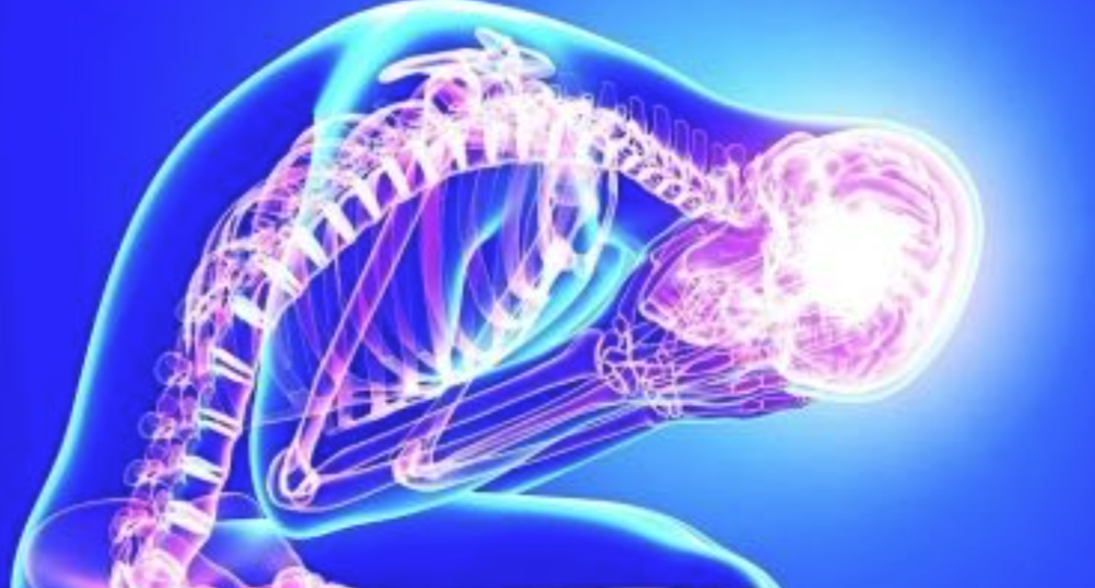Your first line of defense is to choose a healthy lifestyle. Following general good-health guidelines is the single best step you can take toward naturally keeping your immune system strong and healthy. Every part of your body, including your immune system, functions better when protected from environmental assaults and bolstered by healthy-living strategies such as these:
• Don't smoke.
• Eat a diet high in fruits and vegetables and avoid high sugar diets.
• Exercise regularly.
• Maintain a healthy weight.
• If you drink alcohol, drink only in moderation.
• Get adequate sleep.
• Take steps to avoid infection, such as washing your hands frequently
• Try to minimize stress.
• PEMF and Laser therapies to boost immune response
As we age, our immune response capability becomes reduced, which in turn contributes to more infections and more cancer. As life expectancy in developed countries has increased, so too has the incidence of age-related conditions.
While some people age healthily, the conclusion of many studies is that, compared with younger people, the elderly are more likely to contract infectious diseases and, even more importantly, more likely to die from them. Respiratory infections, influenza, and particularly pneumonia are a leading cause of death in people over 65 worldwide. No one knows for sure why this happens, but some scientists observe that this increased risk correlates with a decrease in T cells, possibly from the thymus atrophying with age and producing fewer T cells to fight off infection. Whether this decrease in thymus function explains the drop in T cells or whether other changes play a role is not fully understood. Others are interested in whether the bone marrow becomes less efficient at producing the stem cells that give rise to the cells of the immune system.
As we age, our immune response capability becomes reduced, which in turn contributes to more infections and more cancer. As life expectancy in developed countries has increased, so too has the incidence of age-related conditions.
While some people age healthily, the conclusion of many studies is that, compared with younger people, the elderly are more likely to contract infectious diseases and, even more importantly, more likely to die from them. Respiratory infections, influenza, and particularly pneumonia is a leading cause of death in people over 65 worldwide. No one knows for sure why this happens, but some scientists observe that this increased risk correlates with a decrease in T cells, possibly from the thymus atrophying with age and producing fewer T cells to fight off infection. Whether this decrease in thymus function explains the drop in T cells or whether other changes play a role is not fully understood. Others are interested in whether the bone marrow becomes less efficient at producing the stem cells that give rise to the cells of the immune system.
We treat the bone marrow and the thymus with lasers therapy at
Nevada Laser Pain Relief
which has shown to increase both stem cells and T-cells to boost the immune system function.
Like any fighting force, the immune system army marches on its stomach. Healthy immune system warriors need good, regular nourishment. Scientists have long recognized that people who live in poverty and are malnourished are more vulnerable to infectious diseases. Whether the increased rate of disease is caused by malnutrition's effect on the immune system, however, is not certain. There are still relatively few studies of the effects of nutrition on the immune system of humans, and even fewer studies that tie the effects of nutrition directly to the development (versus the treatment) of diseases.
There is some evidence that various micro-nutrient deficiencies — for example, deficiencies of zinc, selenium, iron, copper, folic acid, and vitamins A, B6, C, and E — alter immune responses in animals, as measured in the test tube. However, the impact of these immune system changes on the health of animals is less clear, and the effect of similar deficiencies on the human immune response has yet to be assessed.
Almost every mother has said it: "Wear a jacket or you'll catch a cold!" Is she right? So far, researchers who are studying this question think that normal exposure to moderate cold doesn't increase your susceptibility to infection. Most health experts agree that the reason winter is "cold and flu season" is not that people are cold, but that they spend more time indoors, in closer contact with other people who can pass on their germs.
Regular exercise is one of the pillars of healthy living. It improves cardiovascular health, lowers blood pressure, helps control body weight, and protects against a variety of diseases. But does it help to boost your immune system naturally and keep it healthy? Just like a healthy diet, exercise can contribute to general good health and therefore to a healthy immune system. It may contribute even more directly by promoting good circulation, which allows the cells and substances of the immune system to move through the body freely and do their job efficiently.
Our equipment at
Nevada Laser Pain Relief
have proven abilities to vasodilate, increasing circulation and oxygen in the blood. This can assist the body in ramping up the immune system quicker and more efficiently. Our lasers stimulate the production of ATP (adenosine triphosphate) which is critical in the function of many cellular activities.
So to sum it up … Eat healthy, lite exercise and take some essential nutrients to be on the safe side and if you want to significantly hedge your bets on a stronger immune system come by and try
PEMF and a laser therapy
protocols to boost your immune system. We believe this treatment will give you a greater chance of avoiding many illnesses.
NevadalaserPainRelief.com (775) 583-5300

